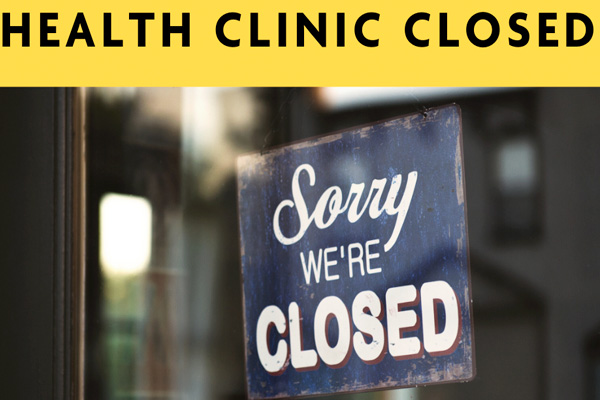Shorter Lines –
June 15, 2020 – Among other things, that made it easier for doctors to prescribe medications such as buprenorphine … Ingoglia’s group and other treatment advocates requested $38.5 billion in emergency funding from Congress, so far unsuccessfully. In addition, he says, a plunging economy also threatens future public funding that many community treatment providers rely on.
“Our members are feeling an awful lot of anxiety right now,” he says, not just from the current hardships, but the future, as states confront dramatic budget cuts. “That’s going to have implications for treatment capacity down the road.”
So the programs have to adapt to survive — mostly by relying on teletherapy.
“The way we deliver treatment is likely to be changed after the epidemic,” says Nora Volkow, director of the National Institute on Drug Abuse. Prior to the pandemic, neither practitioners nor patients considered telemedicine an adequate substitute for in-person care, she says. “Now everyone uses it. And that is a game changer.”



